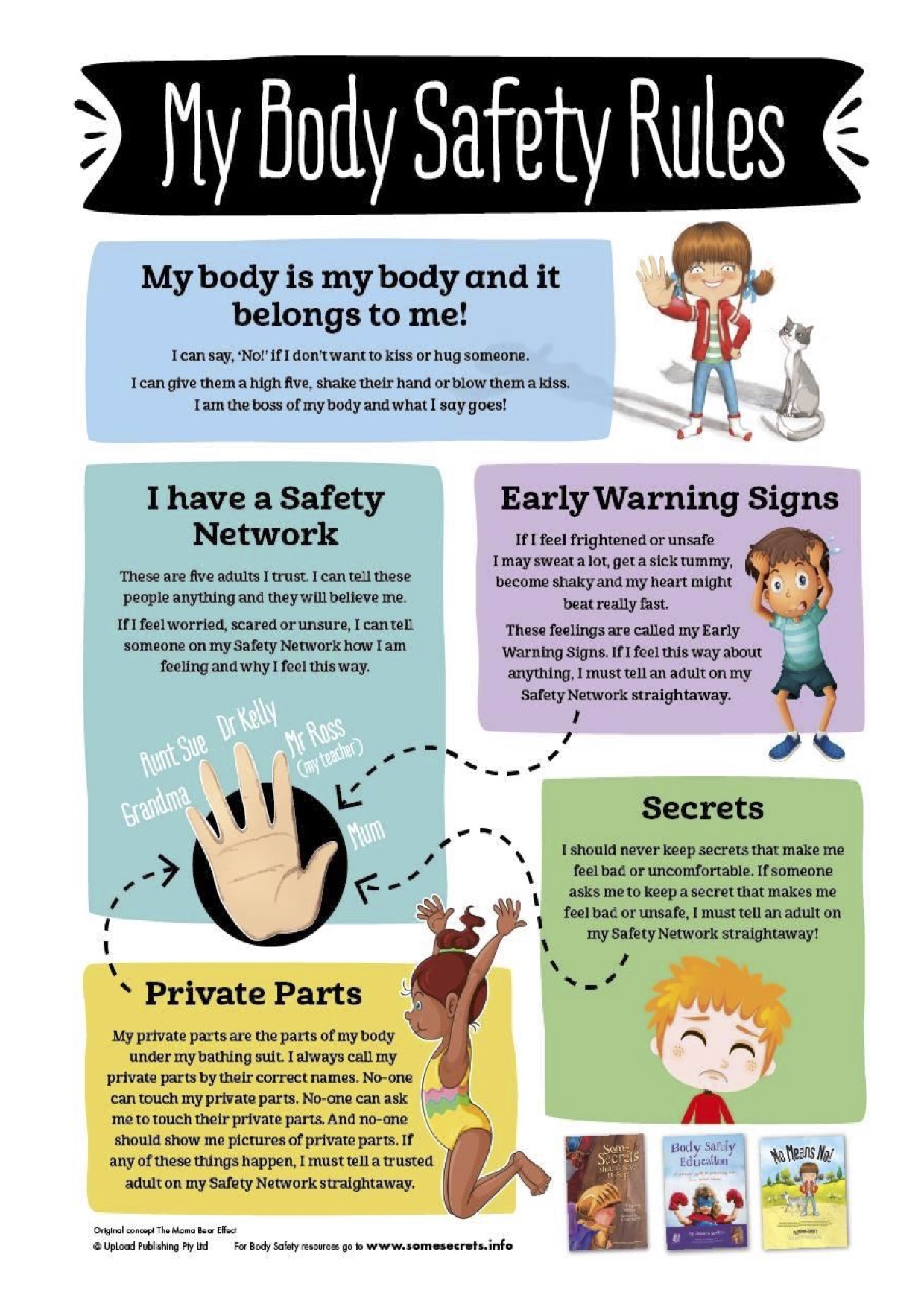I hope Richie realises the importance of the decision he has made.
It has been all glitz and glamour for the Bachelor and lets face it, its not real world!
 It’s pretty easy to fall in love when you have 22 women literally throwing them-self at you and you are the center of attention. Locked away in a fairyland environment with a mansion, champagne, chefs and housekeepers, Ferrari drives through the countryside, day spa treatments, Learjet dates to exotic locations, picnics in the gardens of a beautiful homestead, Motorcycle and Helicopter dates in settings designed by an interior decorator – OMG!
It’s pretty easy to fall in love when you have 22 women literally throwing them-self at you and you are the center of attention. Locked away in a fairyland environment with a mansion, champagne, chefs and housekeepers, Ferrari drives through the countryside, day spa treatments, Learjet dates to exotic locations, picnics in the gardens of a beautiful homestead, Motorcycle and Helicopter dates in settings designed by an interior decorator – OMG!
You have to wonder what happens when you get home and the dishwasher needs emptying, the floor needs to be swept, dinner needs to be cooked and you have a 5 year old crying that wont sleep at 2am and you have to be at work at 8am for a meeting with you boss? Hellloooo real world… and this is the true test.
Real people will come out, they will not be masked by lavish, exciting and extravagant planned single and group dates that only James Packer can afford.
 Meet “Richie” an offshore Rigger from Perth and “Alex” an Events Manager from Melbourne – both real people.
Meet “Richie” an offshore Rigger from Perth and “Alex” an Events Manager from Melbourne – both real people.
It’s Richie from Perth that we are most interested in and how will he step up to be a good step dad? The decision to be Alex’s partner is a big one and not to be taken lightly, its a commitment not only to Alex but to her son Elijah too.
Being a step dad is similar to being a biological dad, Richie will suddenly have a child, Elijah is not a baby and Richie has not had the time to grow up with him and get used to fatherhood and what it takes. I’m not sure where Elijah’s biological father is, I hope he is around and is in Elijah life. Richie will be Alex’s partner and by default will be Elijah’s step dad which comes with responsibilities.
Richie will be a good step dad is he takes on board the following tips:
- Spending time on the activities that Elijah likes such as football, swimming, homework etc the more time Richie devotes to Elijah the quicker he will accept Richie into his life and take the role of a step dad.
- Richie likes camping and surf fishing, he will want to involve Elijah on all of those activities, not only does it connect them but lets face it, it will give Alex a break from time to time whilst the boys bond.
- Communication is important and it will be great if Richie is open and honest with Elijah, he will need to listen to Elijah non-judgmentally, particularly if Elijah is the one instigating the chat.
Always be a good listener and never get upset or yell if Elijah does something to upset you. - NEVER discuss negative opinions of Elijah father in front of him or with anyone else, it’s not your business or area to discuss. Each father has their own parenting style that their kids have adopted. Unless his father is abusive, keep your opinions to your self! And if the father is in Elijah life, respect and support the relationship in a completely positive way.
- Everyone needs love and attention and someone who is interested in them. Be that person, show open affection and be the guy who hugs Elijah and is there for him whenever he needs you. If Elijah needs to cry, have your shoulder ready with a cuddle and give him the “time” he deserves.
- Alex is the lead parent and her wishes on parenting take priority over your beliefs, So get on board with how Alex likes Elijah parented and support her. Things like, bedtimes, homework routines, cleaning up the bedroom and bathroom, putting their dishes in the dishwasher.
After a while Richie will feel comfortable in the role as a step dad and start to take things a normal. For the rest of Elijah life Richie will need to check in with Alex on big decisions for him, Richie should not be making big decisions for Elijah without first running it past Alex. Things like, booking a holiday just for the boys, Buying him a play-station with shoot-em up war games, buying him a motorcycle when he is 18, taking him parachuting or taking Elijah on any dangerous adventures. - Alex is a mother and cannot always spend time with you alone, when you feel like it. There will be times when Alex will need to spend time with Elijah when you would prefer she was spending time with you “Welcome to the real work of parenting”. Yes it sucks sometimes but its reality!
- Be a great example to Elijah, show him how to be a good person like volunteering for people not as well off as yourself. Show him generosity, how to save, how you treat girls/Alex, how you put your family first, how you respect the elderly, how to have a healthy lifestyle with no smoking, no excessive drinking and show him love.
- Being a step dad comes with the responsibility of helping to bring up a child, its a leadership role, Elijah will need to understand boundaries, respect and manners. There will be conflict at some point, just be yourself and have patience, empathy and love through the troubled times.
- Be yourself without the show, kids like honest and real people who are dedicated to the cause. Kids always like to be told that you love them, when you can, tell him often.
Its going to be a different scene from the ones you have played out over the last couple of months. Don’t think about being a good step dad, just treat him as if he was your own and if you love Alex that much, you can love her child the same.
Best wishes for a happy future together.





























Recent comments